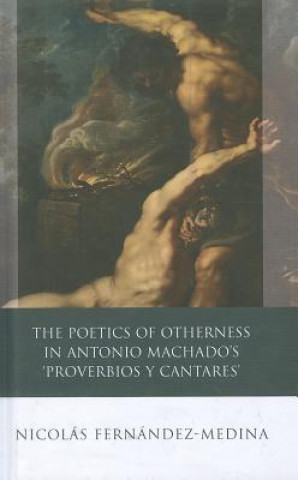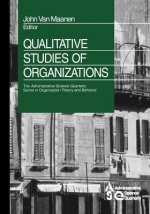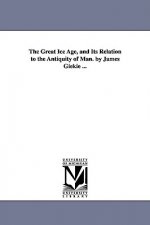
Doručení
Nákupní rádce





Nehodí se? Vůbec nevadí! U nás můžete do 30 dní vrátit
 Dárkový poukaz
V libovolné hodnotě
Dárkový poukaz
V libovolné hodnotě
S dárkovým poukazem nešlápnete vedle. Obdarovaný si za dárkový poukaz může vybrat cokoliv z naší nabídky.
Poetics of Otherness in Antonio Machado's 'proverbios Y Cantares'
 Angličtina
Angličtina
 93 b
93 b
 Připravujeme
Připravujeme
 Termín neznámý
Termín neznámý
30 dní na vrácení zboží
Mohlo by vás také zajímat


Antonio Machado (1875-1939) is one of Spain's most original and renowned twentieth-century poets and thinkers. From his early poems in Soledades. Galerias. Otros poemas of 1907, to the writings of his alter-ego Juan de Mairena of the 1930s, Machado endeavoured to explain how the Other became a concern for the self. In The Poetics of Otherness in Antonio Machado's Proverbios y cantares,A" Nicolas Fernandez-Medina examines how Machado's Proverbios y cantares,A" a collection of short, proverbial poems spanning from 1909 to 1937, reveal some of the poet's deepest concerns regarding the self-Other relationship. To appreciate Machado's organizing concept of otherness in the Proverbios y cantares,A" Fernandez-Medina argues how it must be contextualized in relation to the underlying Romantic concerns that Machado struggled with throughout most of his oeuvre, such as autonomy, solipsism and skepticism of absolutes. In The Poetics of Otherness in Antonio Machado's Proverbios y cantares,A" Fernandez-Medina demonstrates how Machado continues a practice of fragment thinkingA" to meld the poetic and the philosophical, the part and whole, and the finite and infinite to bring light to the complexities of the self-Other relationship and its relevance in discussions of social and ethical improvement in early twentieth-century Spain.
Informace o knize
 Angličtina
Angličtina




 Jak nakupovat
Jak nakupovat






















